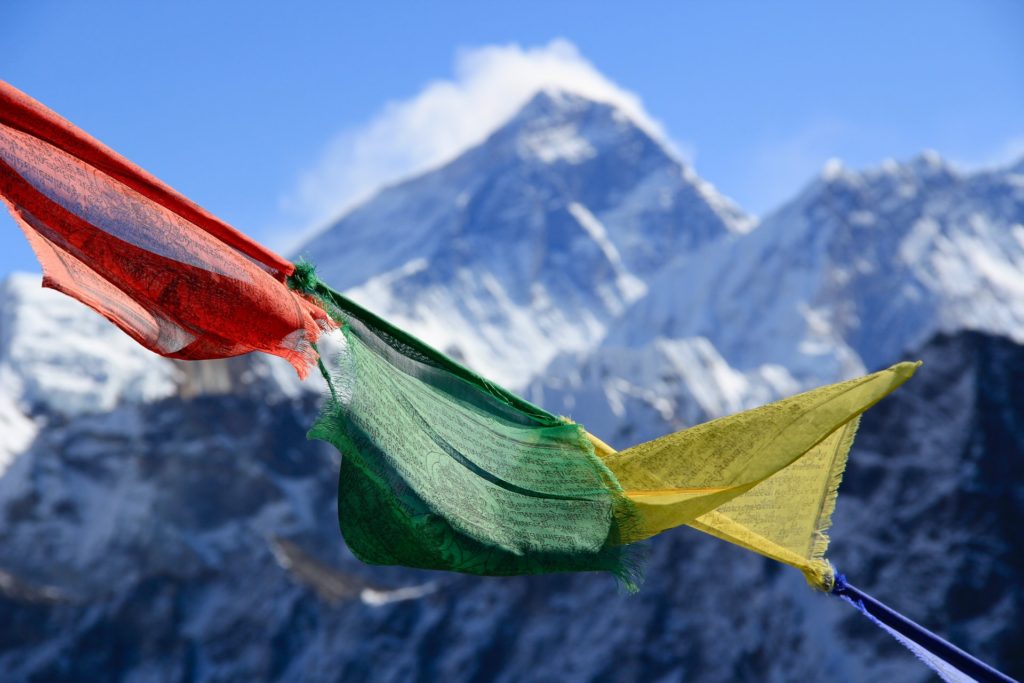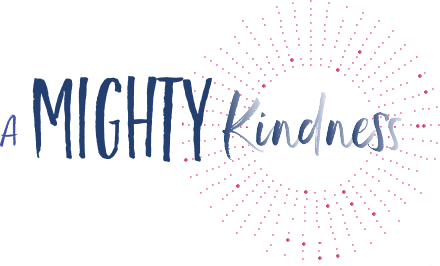Sanctuary by Lisa Lindberg
 Where does one find Sanctuary?
Where does one find Sanctuary?
Inside a built space of pew and altar
Hushed tones steeped in ritual?
Is it in a mountain meadow
Surrounded by a cathedral of trees
Bees tipped in supplication at the altar of wildflowers?
Or is sanctuary found in the simple moments of life—
At the sink, hands dipping in and out of the water
Whispering in a child’s ear as you tuck them in at night
The preparation of a meal
Lights turned on to chase away the darkness
Is sanctuary found in a dramatic moment
Falling to one’s knees
Weeping with gratitude
Weeping for what has been won and for what is still lost?
Or is sanctuary found in the arms of a beloved
In the company of friends and family?
In the comfort of a cherished pet?
Is sanctuary then, not just a place
But a tightened awareness
And presence in our life’s moments
Strung across time like prayer beads on a wire.
Recently, I had someone say that they were really hoping there would be more focus in the House of Belonging on God in all her or his many forms. That the conversations thus far had been more psycho-spiritual in nature and while there was nothing wrong with that, I could sense this person’s disappointment.
After I googled “psycho-spiritual” to make sure I knew what it meant—which is the interrelation of the mind and spirituality—I thought to myself, “Yes. Yes. That’s right.” That has been the focus thus far. Deliberately. And on purpose. We’re just getting to know each other. To trust one another. And to jump into a conversation about God without taking the time to establish who we are as a collective feels premature and potentially wounding.
Because first and foremost we are a community focused on intentionally cultivating kindness in the world in order to help heal the planet. Kindness requires care and thoughtfulness.
Secondarily, we are an interspiritual sanctuary—where we gather together in circle or meet online to have discussions about the ultimate spiritual experiences across traditions. Usually those conversations don’t explicitly start with God because God isn’t for everyone. And I say that very specifically with two meanings in mind: among us are Humanists or Atheists who are good without God but are eager to live more connected lives. Also among us are people who have deep spiritual wounding because they grew up in a church where they didn’t fit its ideal standards and their church’s God didn’t recognize them as beings worthy of love. In that church, God wasn’t for them.
And so here we are: trying to find a common language to help us understand each other in our vastly different experiences with our vastly different backgrounds. I learned once that every interaction we have with someone outside of our family of origin is an intercultural experience. That our different upbringings, traditions, beliefs, and backgrounds mean that we are always trying to bridge the gap between two or more cultures. And that is the lens through which I view the world now: as if there is a potential that someone else has an experience, background, or tradition that I may not be aware of but that I want to understand out of kindness. And so that’s also how I also want to try to look at our spirituality: I want to encourage us to look at them through an intersectional lens, meaning we look at it within the context of science, politics, history, psychology, sociology, gender, race, and everything in-between to at least attempt to try and do no harm.
Because first, and foremost, we are a community centered on kindness. And kindness asks us to be compassion-in-action. To move through the world with the understanding that in order to heal myself and to support others in their own healing, I first have to take the time to understand them.
So yes, we’re going to talk about God here.
We’ll talk about monotheism and the Abrahamic God of Judaism, Christianity, Islam, and B’ahai.
We’ll talk about polytheism. Brahman and the thousands of different deities and expressions of Brahman in Hinduism. Or the Kami of Shintoism and the deities of Taoism. Although I don’t pretend to be an expert.
We’ll talk about the Creator, the Great Spirit, the Great Mystery, the All Where, the Mysterious One of the indigineous and native peoples.
We’ll talk about the difference between pantheism and panentheism, assuming I can ever actually wrap my head around it. We’ll talk about atheism. And humanism. And animism. And shamanism. We can talk about all the -isms.
We’ll also talk about the history of politics and science and their relationship to God. How over millennia, political leaders have exploited religious beliefs as a form of control. How complete genocide has been committed in the false name of religious dogma or scientific ideology. Or how the conflation of culture and politics with some of the world’s major religions twists the beauty and honor of its core beliefs.
Because we cannot talk about the beauty of beliefs without also talking about their ugliness at times. To ignore the hurt would be deeply unkind to those that have been hurt. And while we do not have to linger here, we must acknowledge it.
And the simple truth is that in all this intersectional talk of Gods and their many faces and forms, at some point I’m going to offend someone. In fact I may have already. And that’s okay, because that is the beauty of free will: We all get to choose our own experience. And with that one statement I may have just offended a Presbyterian who believes in predestination.
But regardless of whether we talk about God—and I would argue we have already begun those conversations—we’ll always go back to kindness.
My job here isn’t to convince you there is a God. I’m not here to tell you what to believe. Or to tell you how to believe it. I’m not building a new church or some kind of new religion here. My job is to create a sanctuary for you to figure out who you are and who you want to be. My job is to shine my light as an invitation for you to shine yours. And if your light is feeling dim and your heart is feeling weary, my job is to tend your light until it is ready to shine brightly again.
My job here is to provide the support, encouragement, and resources to help you create a life of more meaning and hopefully of more impact—so when you are at the end of that life you can look back and know that all along when we were talking about God, we were actually talking about you.

Leave A Comment